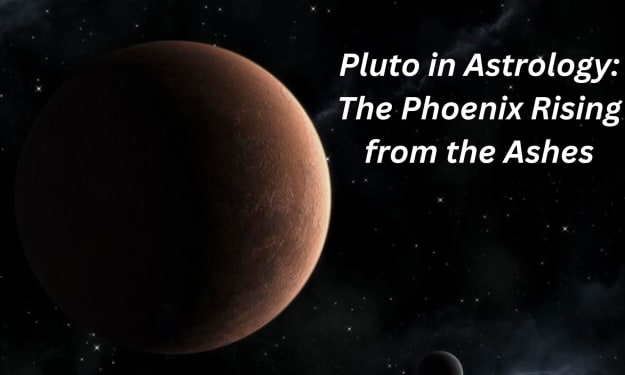No Place. Like Home.
This topia is our topia.

Time is blurry.
It’s hard to remember, but we used to use numbers and definite articles. Covid-19. The pandemic.
That was before the variants. Delta was first, overtaking India and the United Kingdom before literally decimating everyone in the United States who hadn’t yet been vaxxed. Before Echelon, we still thought there was hope. Still thought we could leave behind our masks when we went out into the heat waves and the arid air.
In pursuit of normal.
I think we even once had an idea of what normal was, but really the idea is like the red hats we saw for the worse part of a decade before they finally started to disappear. “Make America Great Again,” they shouted, carrying over their shoulders the flags of long-fallen states who’d risen up in treason to fight for the right to own human beings.
With those petards they cracked windows and infiltrated the very center of democracy itself, and still those adherents smugly smirked and mugged for cameras as they pursued an agenda defined only by denying others. Denying others’ freedoms. Denying others’ rights to . . . everything from their own bodies to gender identities to life itself.
They were the indignant, the proud, and most of all, they were the maskless.
And through them Echelon spread like the very wildfire that razed the entirety of the Western seaboard, from the land of Bezos all the way down to the Baja peninsula. South of the border, east of the sea, devoid of all reason the country began to wither, die.
Bake.
The power grid collapsed even as the houses debated the infrastructure that might have saved it. Circuits fizzled, blacktop melted.
We’d thought 2020 was bad, but Echelon sizzled through a population more concerned with personal liberty than with public health . . . and then the variants branched out. Foxtrot took the people who remembered that name as more dance than virus; Golf gained headlines as courses shut down to prevent droughts, so that variation became Savannah, skipping half the alphabet so as not to single out a state whose governor decried masks.
Like a late-game quarterback substitution, the world snatched pestilence from the jaws of normal. First we over-compensated, with new marijuana laws and orgies whose participant requirements included both contact tracing and negative STI tests, but then hot-vax summer became Echelon-wave autumn and then another winter of our discontent. We carried with us the memory of normalcy like easier and more joyful times had been captured on a small photograph we could clasp into a locket, safe and sound, secure inside a soft-silver heart-shaped enclosure we kept close to our chests, dangling from a simple-link chain fastened around our necks.
We recovered from Echelon – or seemed to; the death count doubled, but once it eased back to merely dozens of thousands per day, we sighed as though we were past it – and then again, when the same thing happened with Savannah.
And now Tango.
Time is blurry.
We used to joke that people had come down with a severe case of the Mondays, but without offices, without morning commutes, without suits and ties and wage gaps, Monday is just another day we tuck a polo shirt into gym shorts before signing on to another remote call. Every sunset is a surprise and every alarm is a shock to everyone except the dogs who still expect to be let out and fed before the coffee is on. For every month the world has seemed in flux some things keep constant, which might seem more blurry yet; have we solved racism and wealth inequality and gender inequity and social justice?
Every time it seems like an end is in sight, it moves again over the horizon.
Remember back in 2021 when the numbers started to fall for the first time? That initial sense of hope that now seems ever further away? And it’s not just Tango; more Black people are being killed by more police officers, and more trans people are losing their platforms and rights and lives, and more rich white people are getting richer (if not whiter, though the privilege of whiteness might well be increasing nonetheless), and once upon a time literature of dystopia ruled the shelves and the cinema, but now it seems to hit a little too close to home, doesn’t it?
“Topia” really just means place; dystopia has come to mean “bad place” juxtaposed against the original forms of topia – either “utopia” or “eutopia.” Eutopia means “good place,” while Utopia means “no place.”
And now Tango.
Time is blurry.
This is not a good place, and this is not no place. Thistopia is ourtopia. We will continue to carry the goodness and normalcy of our topia with us, as in a heart-shaped locket we keep close to our chests, simultaneously protecting and pursuing it, because that is both our responsibility and our hope.






Comments
There are no comments for this story
Be the first to respond and start the conversation.